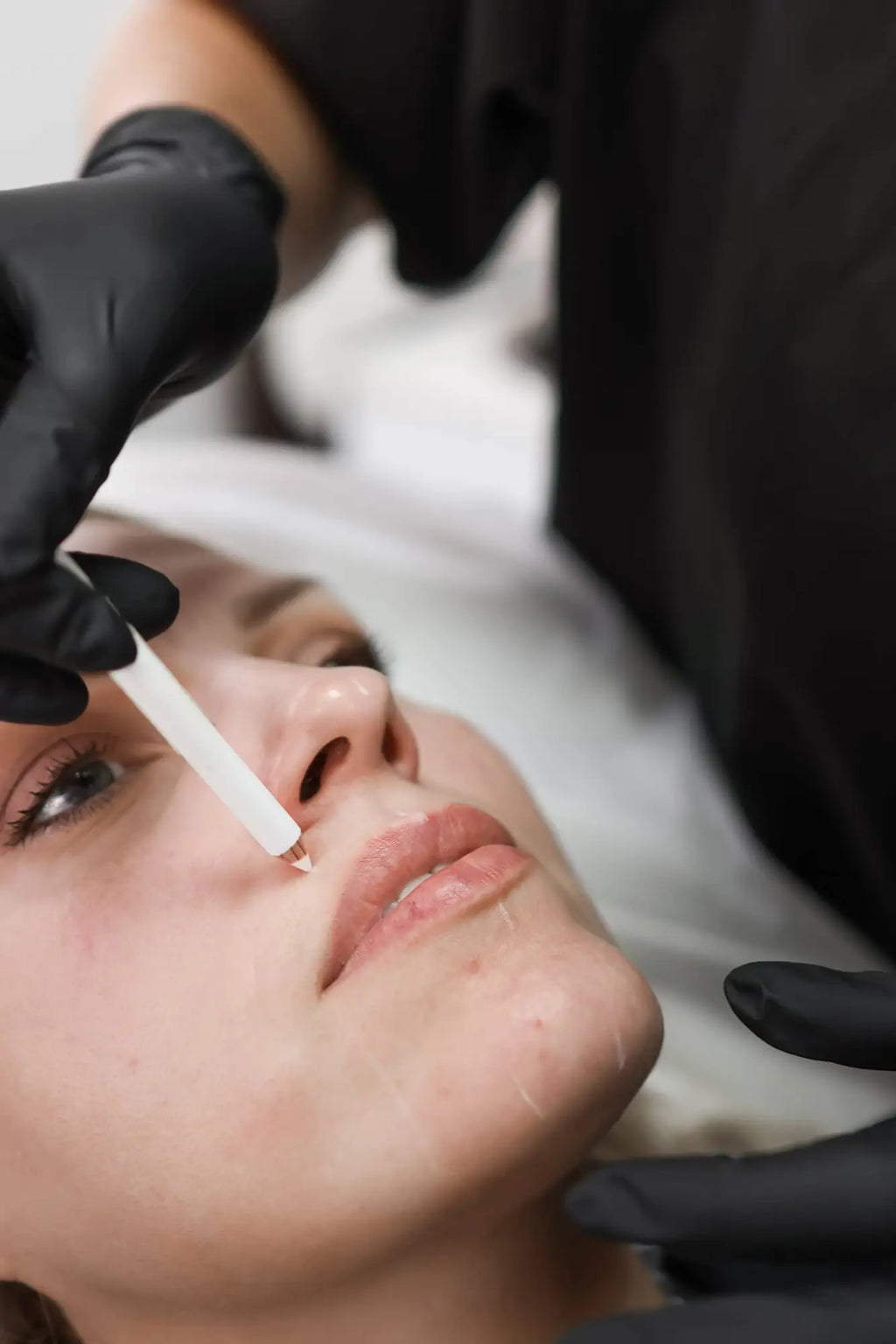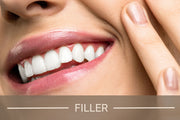Botox Longevity and Optimisation

Botox Longevity and Optimisation
Disclaimer: This article is provided for educational purposes only and is not a substitute for a consultation with a qualified medical professional. In the United Kingdom, botulinum toxin treatments, including Botox® and similar brands, are prescription-only medicines and must only be administered following an in-person consultation by an appropriately trained healthcare professional.
At It’s Me and You Clinic in Kingston upon Thames, we are frequently asked one question above all others: “How long will my Botox last, and how can I make it last longer?” While the average duration is often quoted as three to four months, the reality is more complex. Your results may last for a shorter or longer time depending on your metabolism, lifestyle, the treatment area, the brand of product used, and the precision of the injection technique.
In this detailed guide, Dr Laura Geige and our medical team share the science behind Botox longevity, practical strategies for optimising results, and insights into what makes some people’s Botox last significantly longer than others. We will also link to in-depth articles on specific aspects of Botox longevity so you can explore each topic further.
How Botox Works and Why Duration Varies
Botulinum toxin type A is a purified protein that temporarily blocks nerve signals to targeted muscles. This reduces the movement that causes dynamic wrinkles, such as frown lines, forehead lines, and crow’s feet. Over time, the body naturally metabolises the toxin, allowing the nerve-muscle communication to resume.
Duration varies for several reasons. Some individuals notice results wearing off after eight weeks, while others maintain visible effects for up to six months. This variation is due to factors such as muscle strength, injection dose, frequency of previous treatments, and personal physiology.
For a more detailed understanding of the biological process, you may wish to read our article on Can Botox Work Better Over Time with Regular Treatments.
Key Factors Influencing Botox Longevity
Metabolism
A naturally fast metabolism can cause Botox to be broken down more quickly. This is often seen in individuals who are physically active on a daily basis or who have a high baseline metabolic rate.
Muscle Strength and Movement
Strong, frequently used muscles such as the forehead frontalis muscle or jaw masseter muscle tend to regain movement faster than smaller, less active muscles. The more you use a muscle, the quicker the nerve endings can regenerate their function.
Treatment Area
Some treatment areas are inherently longer lasting. For example, crow’s feet often maintain smoothness longer than forehead lines. If you are interested in learning more about specific areas, see our guide on Anti-Wrinkle Injections.
Product Brand and Formulation
Botox® is just one brand of botulinum toxin. Other brands such as Azzalure®, Alluzience®, Bocouture®, Letybo® and others each have slightly different formulations, which may affect their onset, diffusion, and potential longevity. While the differences are often subtle, some patients find one brand lasts longer for them personally.
Practitioner Technique
The skill and anatomical knowledge of your practitioner can make a significant difference. Correct dosage, accurate placement, and understanding of facial dynamics are essential for achieving results that not only look natural but also last as long as possible.
Lifestyle Factors
Smoking, regular intense exercise, high stress, and frequent unprotected sun exposure can all contribute to faster breakdown of botulinum toxin. We explore these factors further in Can Exercise Affect Botox Longevity and Does Sun Exposure Impact Botox Results.
Strategies to Make Botox Last Longer
Follow Post-Treatment Aftercare
The immediate hours after Botox treatment are critical. Avoid rubbing or massaging the treated area for at least four hours, stay upright for several hours, and avoid strenuous exercise for the remainder of the day. Our guide on Best Skincare Routine After Botox to Maintain Results offers further tips for ongoing care.
Protect Your Skin from Sun Damage
UV radiation contributes to both skin ageing and muscle activity. Daily use of SPF 30 or higher helps protect your skin and your investment in treatment.
Maintain a Balanced Lifestyle
Staying hydrated, eating a diet rich in antioxidants, and managing stress levels can all help support healthy skin and may help results last longer. Some supplements and foods may shorten results, which we discuss in Supplements and Foods That May Shorten Botox Results.
Schedule Consistent Maintenance Treatments
Rather than waiting until full movement returns, some patients prefer to schedule top-ups every three to four months. Over time, this approach can help train the muscles to stay more relaxed, potentially extending longevity between appointments.
Consider Brand and Dose Adjustments
If you consistently find your results wearing off early, your practitioner may recommend trying a different botulinum toxin brand or making subtle adjustments to your dosage and injection points.
Common Myths and Misconceptions
“Stopping Botox Will Make Wrinkles Worse”
If you stop having Botox, your wrinkles will gradually return to their pre-treatment state. They will not worsen beyond where they started simply because you had treatment.
“More Units Always Mean Longer Results”
Higher doses may extend results slightly in some cases, but over-treatment risks a less natural appearance and is not suitable for every patient.
“Botox Can Be Made Permanent”
Botox results are temporary. While we can optimise for longevity, the effect will always wear off as your body regenerates nerve-muscle communication.
When to Consider a Top-Up
Most patients choose to have maintenance treatments every three to four months. Your ideal timing will depend on your facial anatomy, treatment goals, and how quickly you notice muscle movement returning.
Expert Insight
Dr Laura Geige, member of our Advisory Board, explains: “Botox longevity is a balance between the body’s natural metabolism, the precision of the injection, and the patient’s aftercare. By personalising all three elements, we can help patients achieve results that are both natural and long-lasting.”
Conclusion
Botox longevity depends on a variety of personal, procedural, and lifestyle factors. While we cannot control every variable, working closely with an experienced practitioner, following tailored aftercare advice, and maintaining healthy skin habits can significantly influence how long your results last. For more details on individual aspects of Botox care, explore our dedicated articles within the Botox longevity series.




























